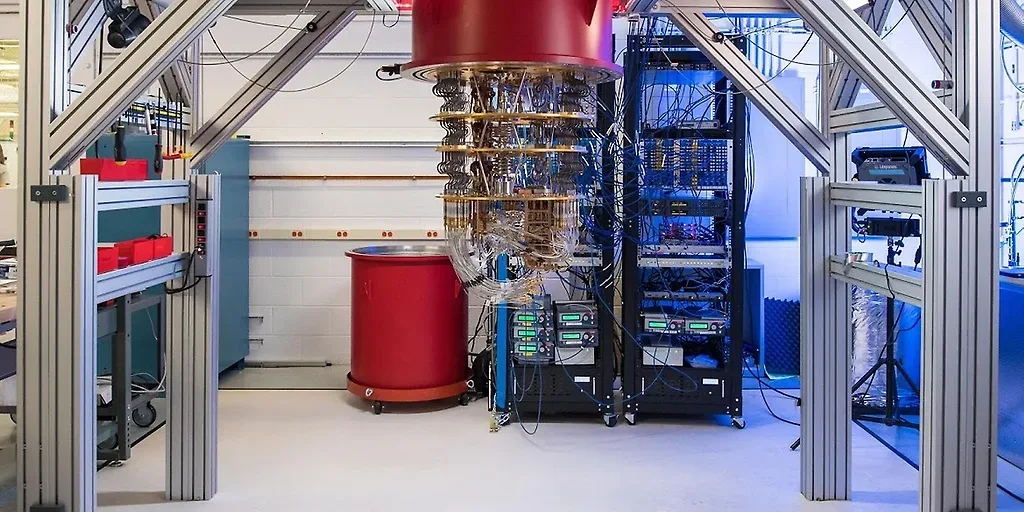For the past two years, beginning in 2018, Mercedes-Benz and Google have worked together to harness quantum computing to increase the development speed of advanced battery materials and future battery systems for electric vehicles.
Recently, Google’s Sycamore simulated some complex chemical reactions which would have defeated first-generation quantum machines. This collaborative effort led to the researchers earning a cover story in the famous journal, Science. Truly a milestone in computational quantum simulations, as it was able to predict these processes accurately.

Sycamore’s recent simulation is the largest chemical simulation to date performed on a quantum computer. The experiment called for calculating the binding energy of large hydrogen chains and the energy barrier when diazenes are molecularly restructured.
‘Relatively large-scale simulations like these have been challenging even for state-of-the-art quantum computers. They have now become possible by developing effective error mitigation strategies and optimizing them for quantum chemical simulation on Sycamore.’
Eunseok Lee, Principal Scientist at Mercedes-Benz Research & Development North America
This significant achievement is a ‘continuation’ from when Google announced it had achieved ‘quantum supremacy’ in 2019. That was the year Sycamore outperformed classical supercomputers to solve problems.
‘The study published in Science takes that accomplishment one step further. The fact that Sycamore can be used for quantum chemical simulations of intermediate-size molecules indicates solid technological progress in quantum chemical simulations as well as quantum computing in general.’
Eunseok Lee, Principal Scientist at Mercedes-Benz Research & Development North America
This progress matters very much, even to car makers like Mercedes-Benz and its customers.
‘Understanding the mechanism of chemical reactions in detail by simulating them in a quantum machine comes with many benefits. We will continue to develop and adapt quantum algorithms for bigger molecules and align that work tightly with development efforts on the hardware side. Taken together, it will eventually speed up the development of advanced battery materials and battery systems for next-generation electric vehicles.’
Russell Seeman, technical program manager of the Innovation Management team at MBRDNA
About Mercedes-Benz Research & Development North America
MBRDNA is headquartered in Silicon Valley and is an official partner of both IBM and Google to understand quantum computing at a deeper level, as well as to explore practical applications with this technology.
About Mercedes-Benz
Mercedes-Benz is a world-renowned car maker owned by Daimler. It is currently partnering with Google and IBM and using their quantum systems to design safe and efficient electric cars. The goal of Mercedes-Benz is to electrify the entire line by 2022.

